GARCH Models —— Structure, Statistical Inference and Financial Applications
----- 广义自回归条件异方差模型
Preface. Notation. 1 Classical Time Series Models and Financial Series. 1.1 Stationary Processes. 1.2 ARMA and ARIMA Models. 1.3 Financial Series. 1.4 Random Variance Models. 1.5 Bibliographical Notes. 1.6 Exercises. Part I Univariate GARCH Models. 2 GARCH(p, q) Processes. 2.1 Definitions and Representations. 2.2 Stationarity Study. 2.3 ARCH ( ) Representation. 2.4 Properties of the Marginal Distribution. 2.5 Autocovariances of the Squares of a GARCH. 2.6 Theoretical Predictions. 2.7 Bibliographical Notes. 2.8 Exercises. 3 Mixing. 3.1 Markov Chains with Continuous State Space. 3.2 Mixing Properties of GARCH Processes. 3.3 Bibliographical Notes. 3.4 Exercises. 4 Temporal Aggregation and Weak GARCH Models. 4.1 Temporal Aggregation of GARCH Processes. 4.2 Weak GARCH. 4.3 Aggregation of Strong GARCH Processes in the Weak GARCH Class. 4.4 Bibliographical Notes. 4.5 Exercises. Part II Statistical Inference. 5 Identification. 5.1 Autocorrelation Check for White Noise. 5.2 Identifying the ARMA Orders of an ARMA-GARCH. 5.3 Identifying the GARCH Orders of an ARMA-GARCH Model. 5.4 Lagrange Multiplier Test for Conditional Homoscedasticity. 5.5 Application to Real Series. 5.6 Bibliographical Notes. 5.7 Exercises. 6 Estimating ARCH Models by Least Squares. 6.1 Estimation of ARCH(q) models by Ordinary Least Squares. 6.2 Estimation of ARCH(q) Models by Feasible Generalized Least Squares. 6.3 Estimation by Constrained Ordinary Least Squares. 6.4 Bibliographical Notes. 6.5 Exercises. 7 Estimating GARCH Models by Quasi-Maximum Likelihood. 7.1 Conditional Quasi-Likelihood. 7.2 Estimation of ARMA-GARCH Models by Quasi-Maximum Likelihood. 7.3 Application to Real Data. 7.4 Proofs of the Asymptotic Results. 7.5 Bibliographical Notes. 7.6 Exercises. 8 Tests Based on the Likelihood. 8.1 Test of the Second-Order Stationarity Assumption. 8.2 Asymptotic Distribution of the QML When 0 is at the Boundary. 8.3 Significance of the GARCH Coefficients. 8.4 Diagnostic Checking with Portmanteau Tests. 8.5 Application: Is the GARCH(1,1) Model Overrepresented? 8.6 Proofs of the Main Results. 8.7 Bibliographical Notes. 8.8 Exercises. 9 Optimal Inference and Alternatives to the QMLE. 9.1 Maximum Likelihood Estimator. 9.2 Maximum Likelihood Estimator with Misspecified Density. 9.3 Alternative Estimation Methods. 9.4 Bibliographical Notes. 9.5 Exercises. Part III Extensions and Applications. 10 Asymmetries. 10.1 Exponential GARCH Model. 10.2 Threshold GARCH Model. 10.3 Asymmetric Power GARCH Model. 10.4 Other Asymmetric GARCH Models. 10.5 A GARCH Model with Contemporaneous Conditional Asymmetry. 10.6 Empirical Comparisons of Asymmetric GARCH Formulations. 10.7 Bibliographical Notes. 10.8 Exercises. 11 Multivariate GARCH Processes. 11.1 Multivariate Stationary Processes. 11.2 Multivariate GARCH Models. 11.3 Stationarity. 11.4 Estimation of the CCC Model. 11.5 Bibliographical Notes. 11.6 Exercises. 12 Financial Applications. 12.1 Relation between GARCH and Continuous-Time Models. 12.2 Option Pricing. 12.3 Value at Risk and Other Risk Measures. 12.4 Bibliographical Notes. 12.5 Exercises. Part IV Appendices. A Ergodicity, Martingales, Mixing. A.1 Ergodicity. A.2 Martingale Increments. A.3 Mixing. B Autocorrelation and Partial Autocorrelation. B.1 Partial Autocorrelation. B.2 Generalized Bartlett Formula for Nonlinear Processes. C Solutions to the Exercises. D Problems. References. Index.
{{comment.content}}
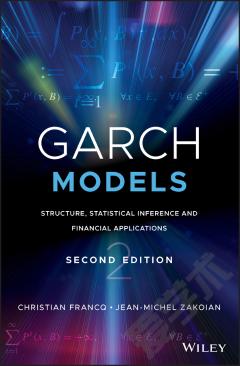

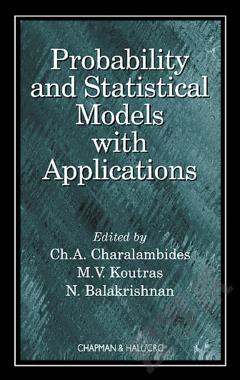
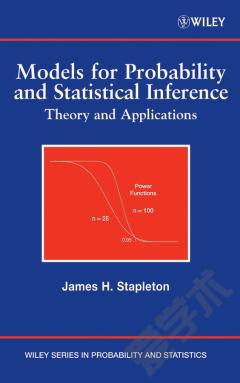
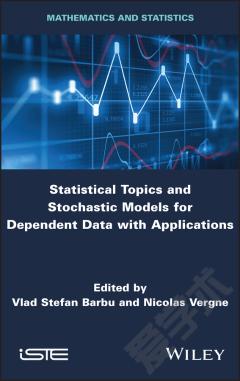
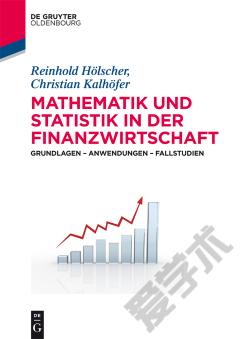
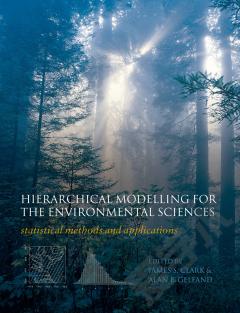

 京公网安备 11010802027623号
京公网安备 11010802027623号